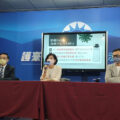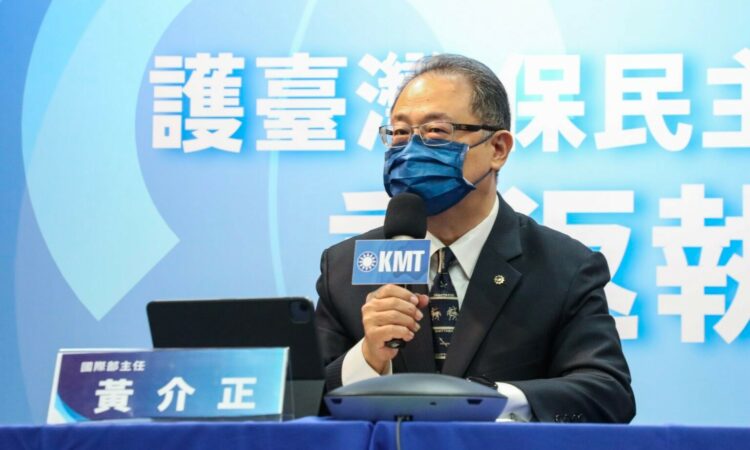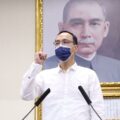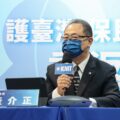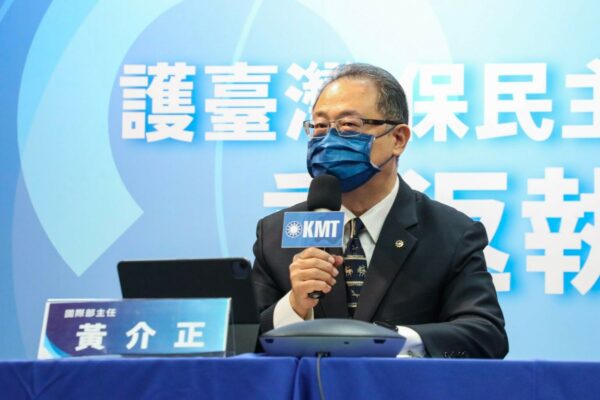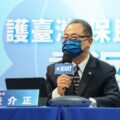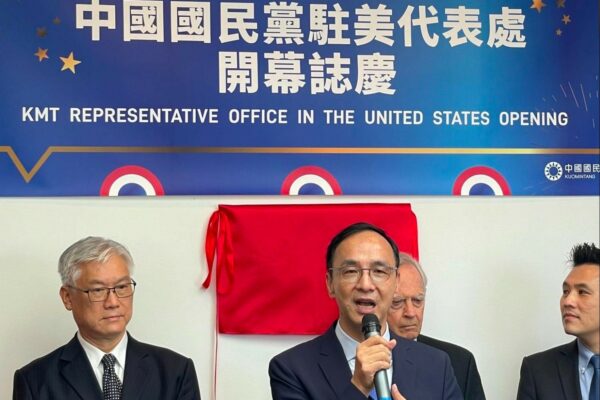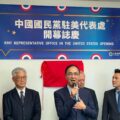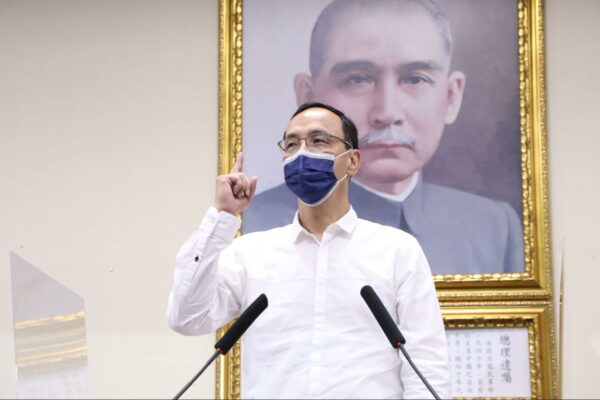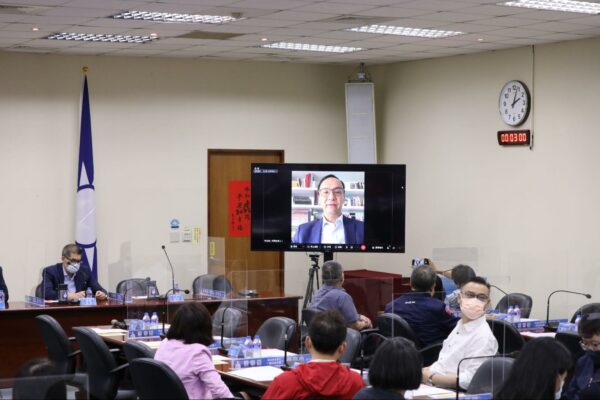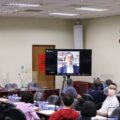The 76th General Assembly of United Nations (UN) convened on September 14. Regarding the Democratic Progressive Party (DPP) administration’s appeals and propaganda on this matter, the Kuomintang (KMT) believes that multilateral diplomacy of the Republic of China (Taiwan) has clearly degenerated in the past few years; the DPP administration has no substantive way to participate in UN specialized agencies, yet claims to have pushed resolutions at the UN without actually proposing any, and instead employs traditional and social media tactics to make grand propaganda in an attempt to conceal the grave diplomatic predicament with which Taiwan currently confronts.
The KMT indicates that since President Tsai Ing-wen assumed office in 2016, seven former diplomatic allies have severed relations with the ROC. This downward trend in number of diplomatic allies who speak up for our nation at the UN General Debate is unequivocal; last year, at the 75th UN General Assembly, the ROC had a total of 14 diplomatic allies (not counting the Vatican) who, before the convening of the assembly, either individually or jointly delivered letters to the UN secretary-general conveying the need for the UN to address our nation’s rights and interests. The Ministry of Foreign Affairs (MOFA) declared that this a “home run,” but when the UN General Debate officially convened, two of our diplomatic allies, when making statements, neglected to mention either the ROC or Taiwan. MOFA then deliberately failed to mention this neglect, arousing a great deal of suspicion.
The KMT calls attention to the fact that in early January of this year, President Tsai Ing-wen mentioned that she would “Persistently push for UN admission, as well as admission to its affiliated conferences and events.” However, in reality, from her May 2016 inauguration until the present, MOFA has failed to push forward passage of any resolutions at the UN General Assembly by means of diplomatic allies. As such, the phrase “persistently push for UN admission” is clearly just a load of empty words.
The KMT points out that during the administration of President Ma Ying-jeou from 2008 to 2016, Taiwan’s campaign to participate in the UN focused on meaningful participation in UN specialized agencies, with successful implementation in agency after agency, such as in the World Health Organization (WHO), the International Civil Aviation Organization (ICAO), the UN Framework Convention on Climate Change (UNFCCC), among others. On the other hand, the DPP administration’s relevant resolution proposals have been repeatedly obstructed, with only one favorable outcome in the form of observer status attendance at the WHO in May 2016 under the name “Chinese Taipei.” The DPP furthermore failed to ask our diplomatic allies this year to propose other resolutions at the UN General Assembly to promote the participation of our nation. As a result, all walks of life from our society should strictly oversee these types of DPP administration failures to proactively promote foreign policy advocating the ROC’s sovereign rights and the people’s welfare.
The KMT states that achieving international space by having diplomatic allies speaking up or proposing resolutions within the UN system is merely the most fundamental task of diplomacy. The DPP administration should strive to make announcements to the international community instead of forcefully propagandizing domestically. Cross-Strait relations are rapidly worsening with a lack of mutual trust and the number of our nation’s diplomatic allies continues to atrophy under President Tsai’s tenure; these are the truly important issues. The KMT emphasizes that, based on the experiences of the past 30 years, when cross-Strait relations are poor, Taiwan’s foreign relations are also bad. On the other hand, when cross-Strait relations are good, there is reduced pressure on Taiwan’s foreign relations.
As of now, the Chinese Communist authorities have further compressed our nation’s international space for action. The KMT stands for defending Republic of China sovereignty and cross-Strait relations, and firmly opposes the relevant modus operandi of the Chinese Communist authorities. Meanwhile, the KMT demands that, when cross-strait relations continue to deteriorate to new lows, President Tsai explain clearly the concrete and feasible strategies to promote peaceful and stable cross-strait relations and Taiwan’s international participation. The administration should not make use of its failures in multilateral diplomacy to mislead the Taiwanese people in supporting a series of confrontational cross-strait policies.

